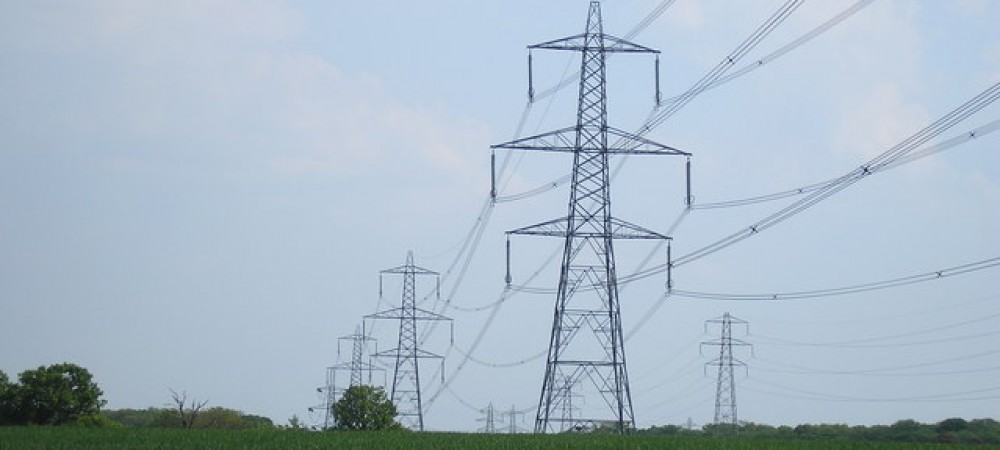After an EMP disaster, looting is likely to be one of your greatest concerns, and respect for private property in your locale becomes of prime importance. Only if you know you can eat what food you have grown or stockpiled will you build up a stockpile in the first place. Respect for private property implies laws against stealing, but it goes beyond law; it includes upholding the moral right to what you have earned and a moral condemnation of those who expect others to feed them.
Part of the reason we do not prepare for disasters is we are afraid the government will not protect our food stockpiles from thieves, and indeed may confiscate them. Our politicians do not respect private property, and neither do many of our neighbors. People are used to getting things free from the government, and many in fact think it is their moral right to do so. They imagine that if there is a disaster, the government should and will take care of them. So why should they do anything to prepare? They occupy the moral high ground, or so they believe.
The brutal truth is, there is no practical alternative to each family setting aside its own stores for a rainy day. In a major crisis, most people who don’t do so are going to starve, and there is nothing to be done about that. What is doable is protecting the provident from the improvident, the makers from the takers, so at least those who are virtuous can survive. As things stand, government cannot be counted on to protect the provident; it doesn’t even admit the danger exists, and it will fall apart or turn predatory when disaster strikes. What is needed is a coming together of neighbors (or friends sharing a house) who agree not to steal or beg from one another, but instead for each home to stock its own larder, and for the neighborhood to mount a common defense against the improvident.
What I’ve seen instead is the mindset that “we’re all in this together, so we should share. From each according to his ability, to each according to his need.” This mindset provides no incentive (beyond vague social approbation) to save, to be provident. It works only in a society where there is plenty of food.
When you look for partners in your efforts toward emergency preparedness, look for those with a well-stocked pantry. Try to pick companions who favor justice over mercy. Enshrine respect for private property as a leading moral principle in the hard reality that follows a catastrophe.
